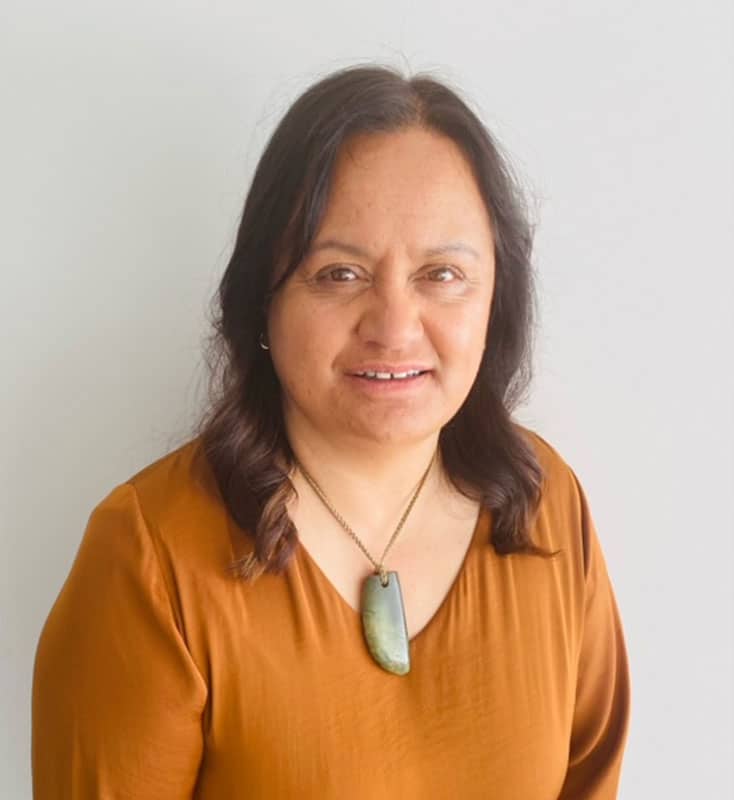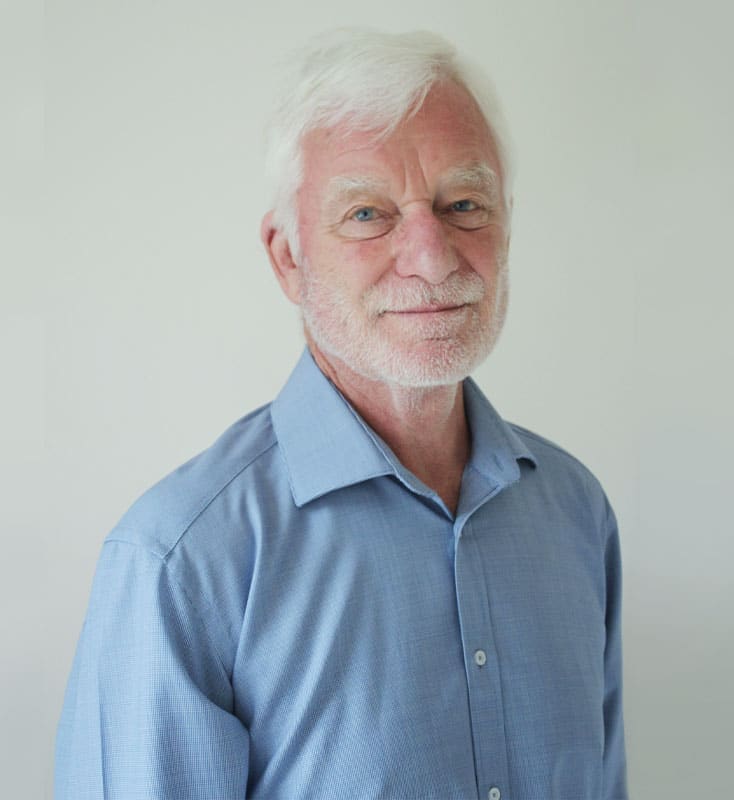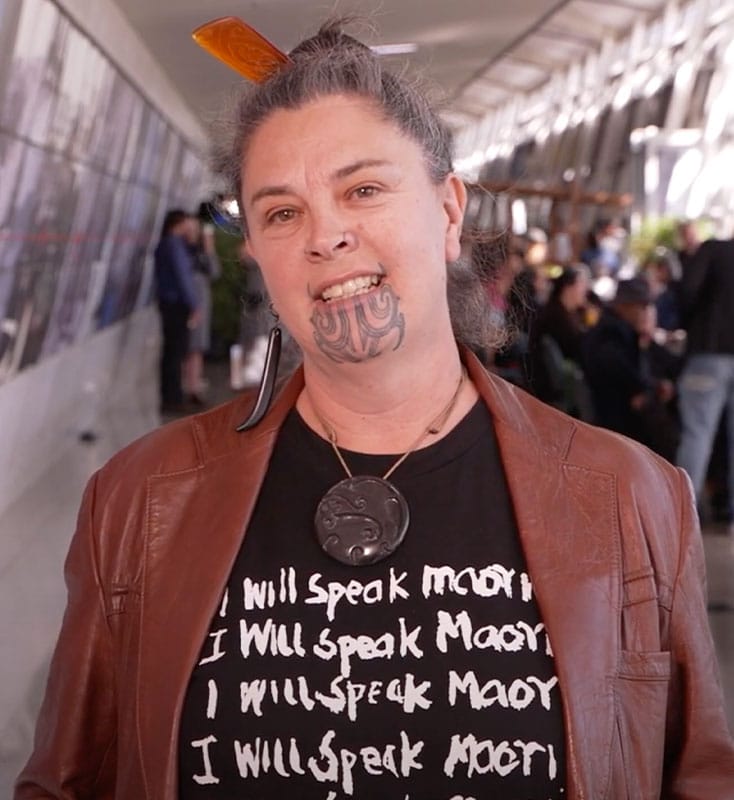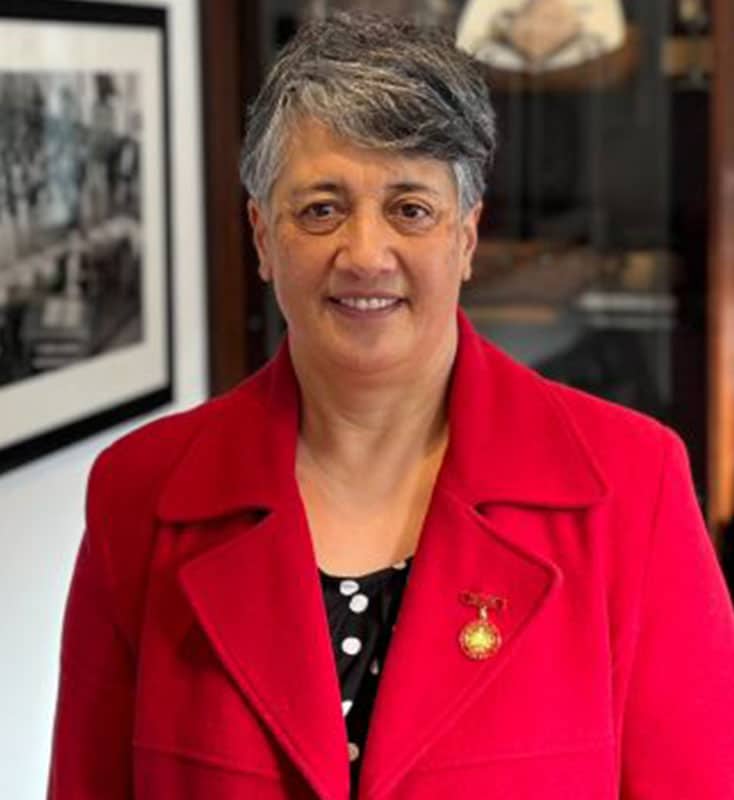Finkler, K., King, P., & Hodgetts, D.
Economic Homelessness Society
International Journal on Homelessness, 3(3), 160-181
2023
Read Publication
This paper details the pressing issue of homelessness in Aotearoa, New Zealand, with a focused lens on the Māori population's disproportionate experiences due to historical colonisation and ongoing economic disparities.
The research vividly portrays the Open Arms Day Centre (OADC) in Whangārei as a critical Pou Whirinaki (pillar of support) offering respite, inclusion, and a sense of belonging to its Māori clientele. Through a Māori-centred, case-based approach, the authors explore the centre’s role as a space of care, incorporating interviews, photographic exercises, and casual conversations with service users, volunteers, and staff. This methodological approach results in an enriched understanding of OADC’s operation as a culturally attuned space that extends beyond mere physical support to embrace Māori relational values and practices, thereby fostering a sense of ontological security and cultural continuity. The findings underscore the significance of indigenised service responses in addressing the immediate needs of homeless individuals while highlighting the broader societal transformations required to mitigate the root causes of homelessness among Māori. The article illuminates the complex, everyday realities of Māori experiencing homelessness in urban settings, offering insights into how spaces like OADC serve as beacons of hope and support amidst the challenges of displacement, social exclusion, and stigma. Through its exploration of the OADC, the study contributes to the broader discourse on homelessness, poverty, and the critical importance of culturally responsive care in social services.










